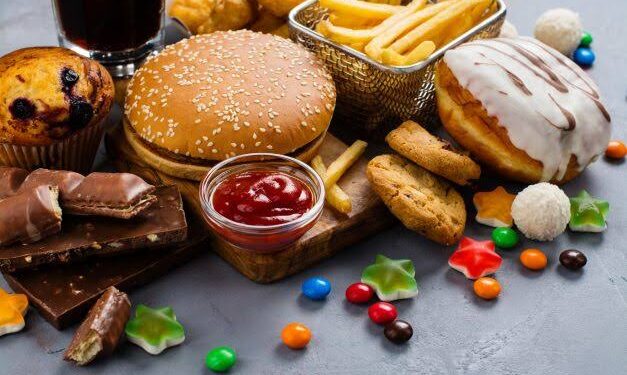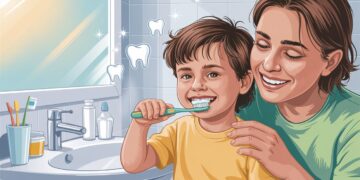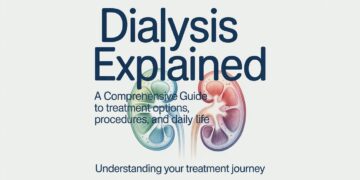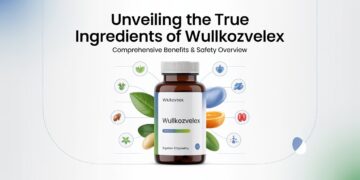Maintaining good oral health involves more than just regular brushing and flossing. The foods we consume also play a significant role in the health of our teeth and gums. Some foods can contribute to tooth decay, enamel erosion, gum disease, and other dental problems. In this article, we will discuss foods that are bad for the teeth and should be consumed in moderation or avoided altogether.
Sugary Foods and Beverages:
Consuming excessive amounts of sugary foods and beverages can be detrimental to dental health. Bacteria in the mouth feed on sugars, producing acids that attack tooth enamel and lead to cavities. Sugary snacks, candies, sodas, fruit juices, and sweetened cereals are examples of foods that can increase the risk of tooth decay. For tooth decay treatment it is important to get help from the Best Dentist in Karachi.
Sticky and Chewy Foods:
Sticky and chewy foods can cling to the teeth for longer periods, providing an ideal environment for bacteria to thrive. This can increase the risk of tooth decay. Examples include caramel, toffee, dried fruits, and sticky candies like gummy bears or fruit roll-ups. If consumed, it is important to thoroughly clean the teeth afterward.
Acidic Foods and Beverages:
Acidic foods and beverages can erode tooth enamel over time, making the teeth more susceptible to cavities and sensitivity. Citrus fruits, tomatoes, pickles, and sour candies are examples of acidic foods. Carbonated drinks, such as sodas and sparkling water, also contain acids that can contribute to enamel erosion.
Starchy Foods:
Starchy foods, like chips, crackers, and bread, can have a similar effect on the teeth as sugary foods. When broken down by saliva, starches convert into sugars, providing a food source for bacteria. The resulting acids can lead to tooth decay. It is important to maintain good oral hygiene and limit the consumption of starchy foods.
Carbonated and Sports Drinks:
Carbonated drinks, including sodas and energy drinks, are high in sugar and acids. Regular consumption can lead to tooth decay and enamel erosion. Additionally, sports drinks often contain high levels of sugars and acids, which can harm the teeth. Water is the best choice for hydration and should be favored over sugary or acidic beverages.
Alcohol:
Excessive alcohol consumption can lead to a dry mouth, reducing saliva production. Saliva plays a crucial role in maintaining oral health by neutralizing acids and helping to wash away food particles. A dry mouth can increase the risk of tooth decay and gum disease. Additionally, alcoholic beverages, such as wine and cocktails, can stain the teeth.
Coffee and Tea:
While coffee and tea can be enjoyed in moderation, they can have negative effects on dental health. These beverages contain tannins, which can stain the teeth. They can also contribute to dry mouth and bad breath if consumed excessively. Adding sugar to coffee or tea further increases the risk of tooth decay.
Hard Candies and Ice:
Hard candies and ice should be avoided as they can lead to cracked or chipped teeth. Chewing on hard substances can cause enamel damage and even dental emergencies.
Conclusion:
A healthy diet is essential for maintaining good oral health. While it’s not necessary to completely eliminate these foods from your diet, it’s important to consume them in moderation and practice proper oral hygiene. Regular brushing, flossing, and visiting the Best Dentist in Lahore for check-ups and cleanings are vital for preventing tooth decay, enamel erosion, and gum disease. By making informed food choices and practicing good dental habits, you can promote the health and longevity of your teeth and gums.
Also, Read The Power of Social Media: Leveraging Platforms for Marketing Medical Services.

















